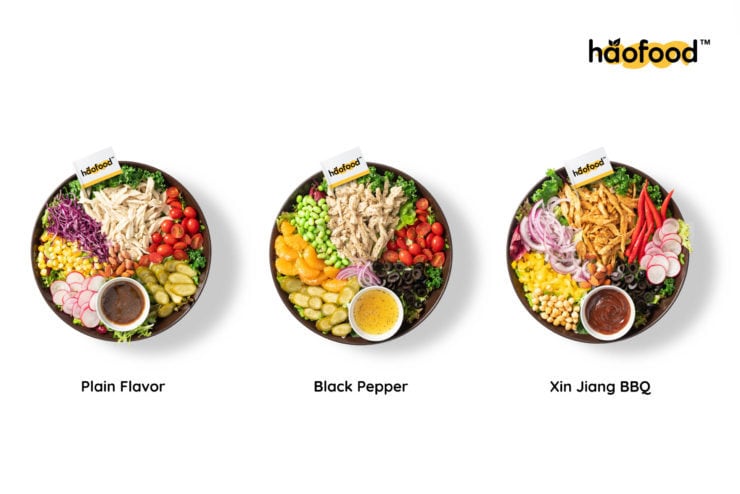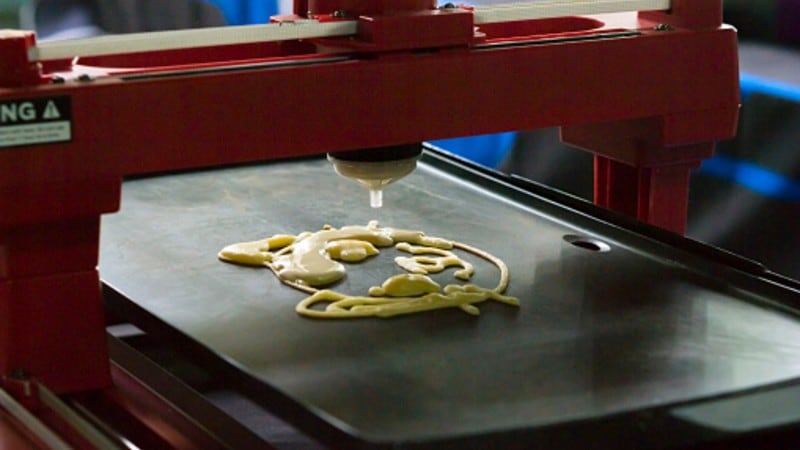Time to comply: China issues guide for food firms to meet ‘excessive packaging’ rules
China has been progressively working from a policy perspective to combat what has been dubbed the ‘excessive packaging’ phenomenon locally, starting with regulations to restrict the use of excessive material in packaged food and cosmetic products in 2021, and strict bans on the packaging material for festive foods in 2022.
In September this year, fresh foods and agricultural produce as well as foods purchased via e-commerce have come under the spotlight with a new set of guidelines issued.
The new standard was drafted by the local Ministry of Agriculture and Rural Affairs (MARA) and announced by the State Administration for Market Regulation (SAMR). Local food firms will be given a six-month transition period to make all necessary changes.
Liquor legacy: China’s 1,300-year-old Yanghe Distillery eyes wider international markets with ‘mellow’ baijiu portfolio
China liquor heavyweight Yanghe Distillery is looking to establish itself more firmly in international markets, banking on the expansion of its baijiu portfolio with mid-to-premium ranges.
The firm owns the Yanghe and Shuanggou baijiu brands, which both have over 1,300 years of history, and is well-established in the country as one of the largest local baijiu companies.
Baijiu as an alcohol category is famed for its high alcohol level by volume (ABV) and strong flavour, but Yanghe has made a name for itself with its trademark ‘mellow’ flavour, described as ‘smoother, softer and more pleasing’ compared to the intensity of regular baijiu.
Top of the pops: Guangdong firm makes vitamin C, probiotics in popping candy
Guangdong Baida Biotechnology Co Ltd has been manufacturing popping candy as general foods for over 25 years, exporting its products to around 100 countries.
About two years ago, the company studied how nutraceutical ingredients, namely vitamin C and Bifidobacterium, could be incorporated into its popping candy. One advantage of doing so is that it offers a new sensory experience for consumers.
As vitamin C and Bifidobacterium degrade when exposed to oxygen, moisture and heat, the carbon dioxide used to create the popping effect could help slow down the degradation process.
The firm will be launching its first functional popping candy in October via Douyin, The Little Red Book and Tmall, before entering the offline sector.
Bottled opportuni-tea: China’s traditional tea sector must overcome stiff competition and price barriers to expand exports
Traditional China tea brands believe that bottled, ready-to-drink product formats are the industry’s gateway into international markets and appealing to younger consumers.
However, the major challenge with bottling Chinese teas is that changing consumer perceptions of these teas will mean a change of the products that it then has to compete with, which in this case will be the wider beverage sector, according to healthy beverage brand Metavita co-founder Yang Lu.
Promotion and formulation: Blackmores eyes China and Indonesia boost, plus NPD with Kirin’s flagship ingredients
Blackmores is set to ramp up advertising to boost brand awareness in China and Indonesia, while also formulating new products with Kirin’s ingredients following the Japanese giant’s acquisition of the firm.
This comes as Blackmores revealed net profit increased by 37% in FY23, but headwinds in the international markets and soaring raw material costs have pulled down its gross margin.
Blackmores’ CEO Alastair Symington announced the results during parent company Kirin’s Health Science Day held in end September.





